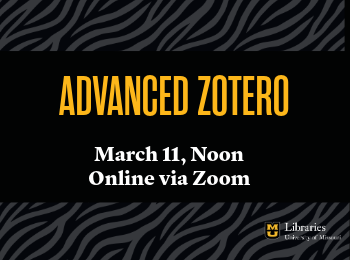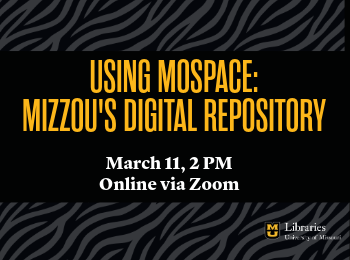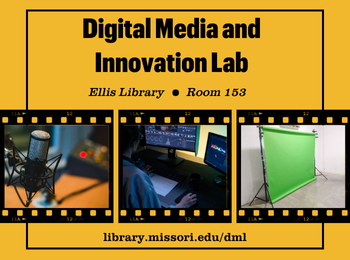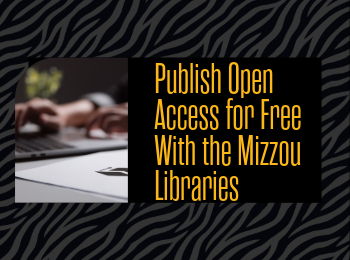Mizzou is dedicated to preparing students to make meaningful contributions to the world—as performers, composers, teachers and scholars—while expanding the understanding and impact of music through performance, composition and research. Mizzou Libraries plays a vital role in this mission, and thanks to generous donor support, that role continues to grow.
Since joining Mizzou Libraries, Music Librarian Janet Hilts has been focused on strengthening and expanding music collections to better serve the academic community. Recent investments have significantly enhanced access to both digital and print resources that support performance, instruction and research across the School of Music.
One notable addition is IPA Source, a digital tool designed especially for voice performance students. This resource provides International Phonetic Alphabet transcriptions of aria and art song texts, supporting accurate pronunciation and deeper engagement with vocal repertoire.
Another major enhancement is the new subscription to nkoda, a vast digital sheet music library. Through nkoda, students and faculty now have access to high-quality editions and in-copyright works for performance, analysis research and instruction. These materials were previously difficult or impossible to access at this scale.
These digital investments are complemented by substantial growth in physical collections. Between fiscal years 2023 and 2025, the number of music scores and books acquired annually increased by 123 percent. In fiscal year 2025 alone, 302 new music resources were added to the collection. This expansion was made possible in large part by the collaborative efforts of humanities librarians, who worked together to reallocate monograph funds more equitably. As a result, the fund for score and music book purchases increased by 79 percent.
With more music resources comes more behind-the-scenes work. The expertise and dedication of the Acquisitions, Collections and Technical Services team have been essential in ensuring these materials are acquired, processed and made accessible to users. Their efforts help transform donor generosity into tangible impact for students and faculty.
Collaboration between Mizzou Libraries and the School of Music continues to deepen. Currently in development is an ensemble sheet music collection project, along with ongoing efforts to add digital scores of new music by living composers. These initiatives point toward an exciting future of continued growth and innovation.
Your support helps ensure that Mizzou’s musicians have the resources they need to learn, create, and perform—today and for years to come. If you’d like to learn more about creating an endowment to support the Mizzou Libraries contact Matt Gaunt.









